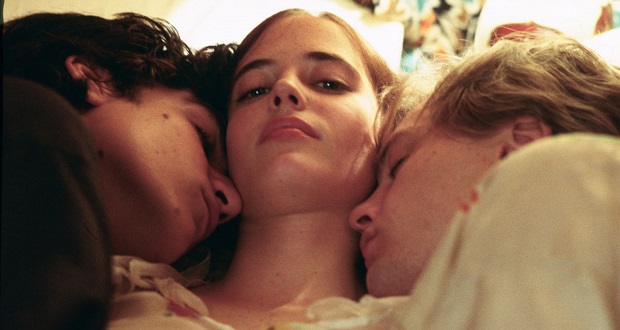
In the huge ocean of the unexpected and the mysterious, where the greatest and most incomprehensible unknowns are waiting to be explored, the mysteries of sex shine with a magnetic light. Ever since the dawn of humanity, sex has always been one of the most important aspects in our lives.
Our ancestors used to worship goddesses of sex and fertility, and huge ritual orgies took place in the temples of the greatest ancient civilizations. Unlike in the animal world, where sex is merely reproductive, in our world it is many other things; it joins polar opposites like pain and pleasure, desire and frustration, expectations and disappointment, it is both a symbol for power and the greatest, most beautiful expression of love.
It is a mysterious subject, and as one of the key elements of our lives, it is as varied as we are, with an infinite amount of manifestations. On this list I present a selection of 15 films that reflect on some of the several faces of sex, exploring love and violence, frigidity and nymphomania, purity and transgression.
15. The Dark Side of the Heart (Eliseo Subiela, 1992)
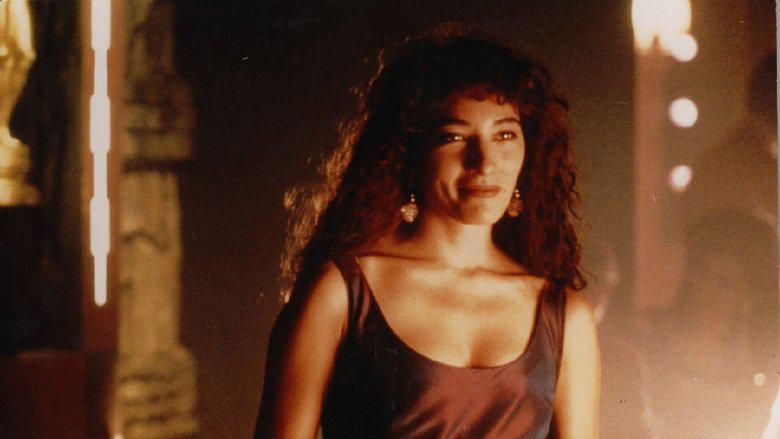
“The Dark Side of the Heart” takes the work of poets like Oliverio Girondo, Mario Benedetti and Juan Gelman as a starting point to develop a love story with a very Latin American sensuality. Set mostly in Buenos Aires, it follows Oliverio, a poor, infantile poet who is searching for a “woman who can fly”. It is lyric and poetic, although a bit corny and clichéd in its imaginarium.
As the work of a poet, the film deeply idealizes love, and sex is just a shallow shell that means nothing unless there is a spiritual connection, an alignment of the souls. Eros and Thanatos are also together in this film, as if love were our only escape from death or the fear it inspires us, our contradictory duality is exploited through poetry.
14. Y Tu Mamá También (Alfonso Cuarón, 2001)
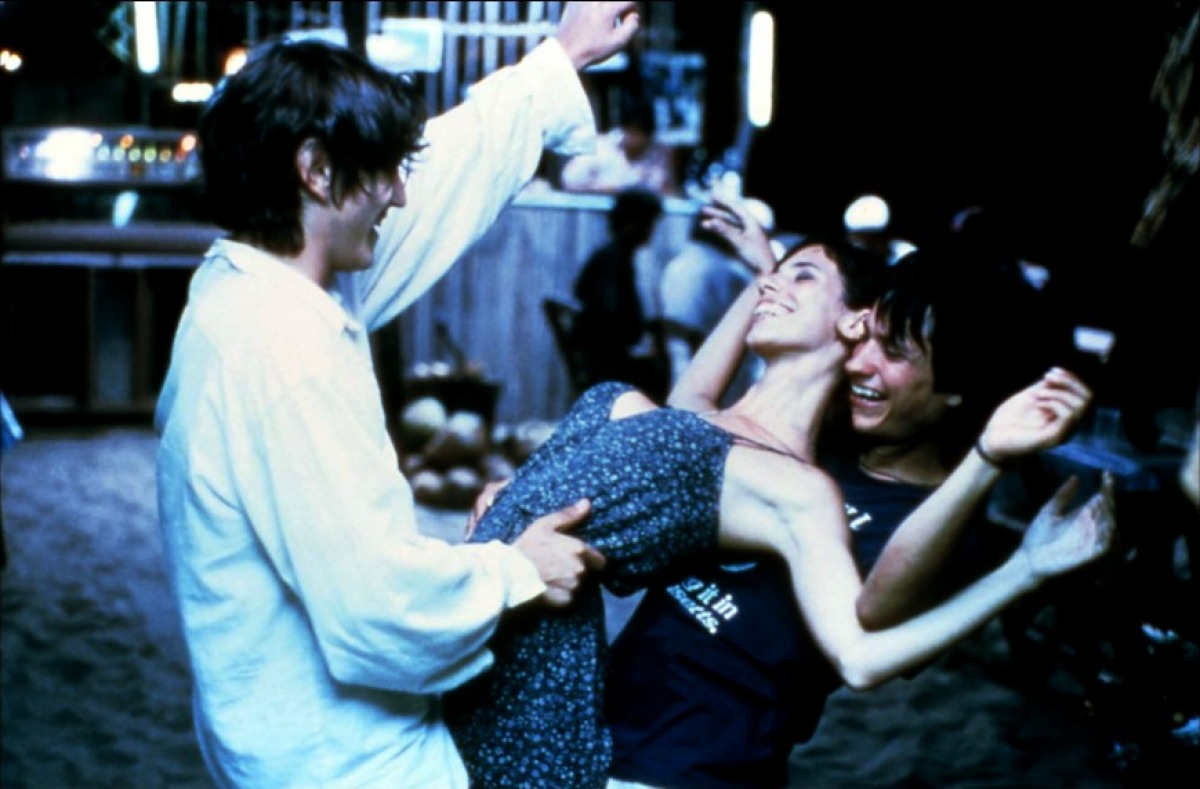
“Y Tu Mamá También” is one of the best Mexican road-movies ever made, and it is also the film that got Alfonso Cuarón his first Oscar nomination and consolidated him as one of the best Mexican directors.
It narrates a story of discovery and exploration. Tenoch and Julio, played by Gael García Bernal and Diego Luna, are two friends who go on a road trip to the beach with Luisa, a seductive older woman who will make them experiment quite a bit.
The journey begins in emptiness; they go looking for a beach that do not exist, living a fake friendship in the wake of the events, but soon enough feelings arise, the hidden becomes clear and they all discover new things about themselves.
In one of the final scenes, which touches on the veiled homophobia that is still a part of Mexican culture, the three of them, drunk, engage in a threesome. After that, emptiness comes back and reality manifests itself at the end of the idyll.
13. Nymphomaniac Vol. 1 & 2 (Lars von Trier, 2013)
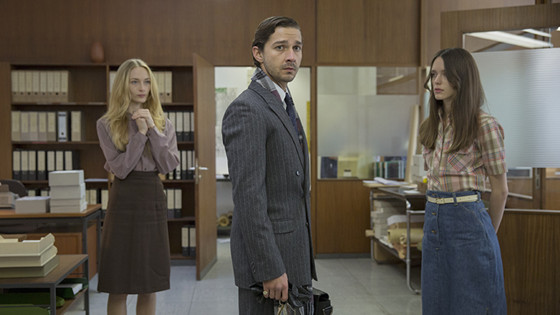
“Nymphomaniac” takes a darker approach on sexual obsession. Rather than an uncommon love story like the aforementioned “In the Realm of the Senses”, von Trier’s “Nymphomaniac” is a dark pessimistic story that seems to be taken out of the pages of a Marquis de Sade book. With a runtime of over four hours, it follows Joe, a nymphomaniac whose turbulent sex life we get to know through her testimony.
Sex is not presented as a source of pleasure and satisfaction, but as a sickness. More than desire, the main drive of Joe’s sexual enterprises is need, like a drug addict who takes his fix when the body demands it. Joe is a victim of her need to always feel more, to always demand more from the world.
The dark corners where she ends up lurking, the long road she travels, could be explained by her profound ability to suffer, using Nietzsche’s expression. In the end, pain and pleasure are just two sides of the same coin.
12. Videodrome (David Cronenberg, 1983)
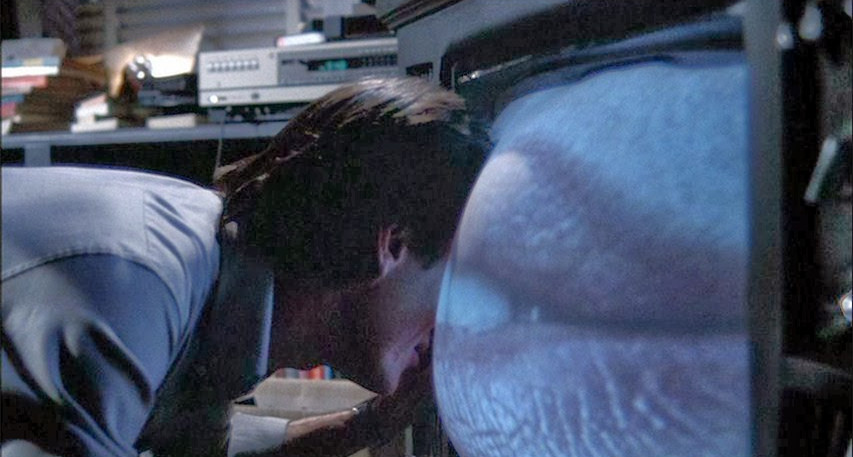
David Cronenberg’s work is fascinating; his films are repulsive, insane, disgusting, yet we can’t stop watching them. Their weirdness is magnetic and it is easy to see the world we live in portrayed and reflected in its strange and unreal, even surreal, symbols and metaphors.
“Videodrome” talks about many things, like politics, media, and violence, but it also talks about sex, exploring the very thin line that separates pleasure from pain.
While the main subject of the film is televised violence, and the desensitization it generates in us, it also reflects on its relationship with pleasure. In one of the most erotic moments of the film, Nicki Brand (played by Debbie Harry) puts out a cigarette by pressing it against her bare chest.
The film questions the place of the media in our lives, where TV (and now Internet) creates a different reality where we allow ourselves things we would not allow in our daily life. It goes to show that whether we like it or not, we satisfy our sexual desires in one way or another, so we better embrace them. Long live the new flesh indeed.
11. A Short Film about Love (Krzysztof Kieslowski, 1988)
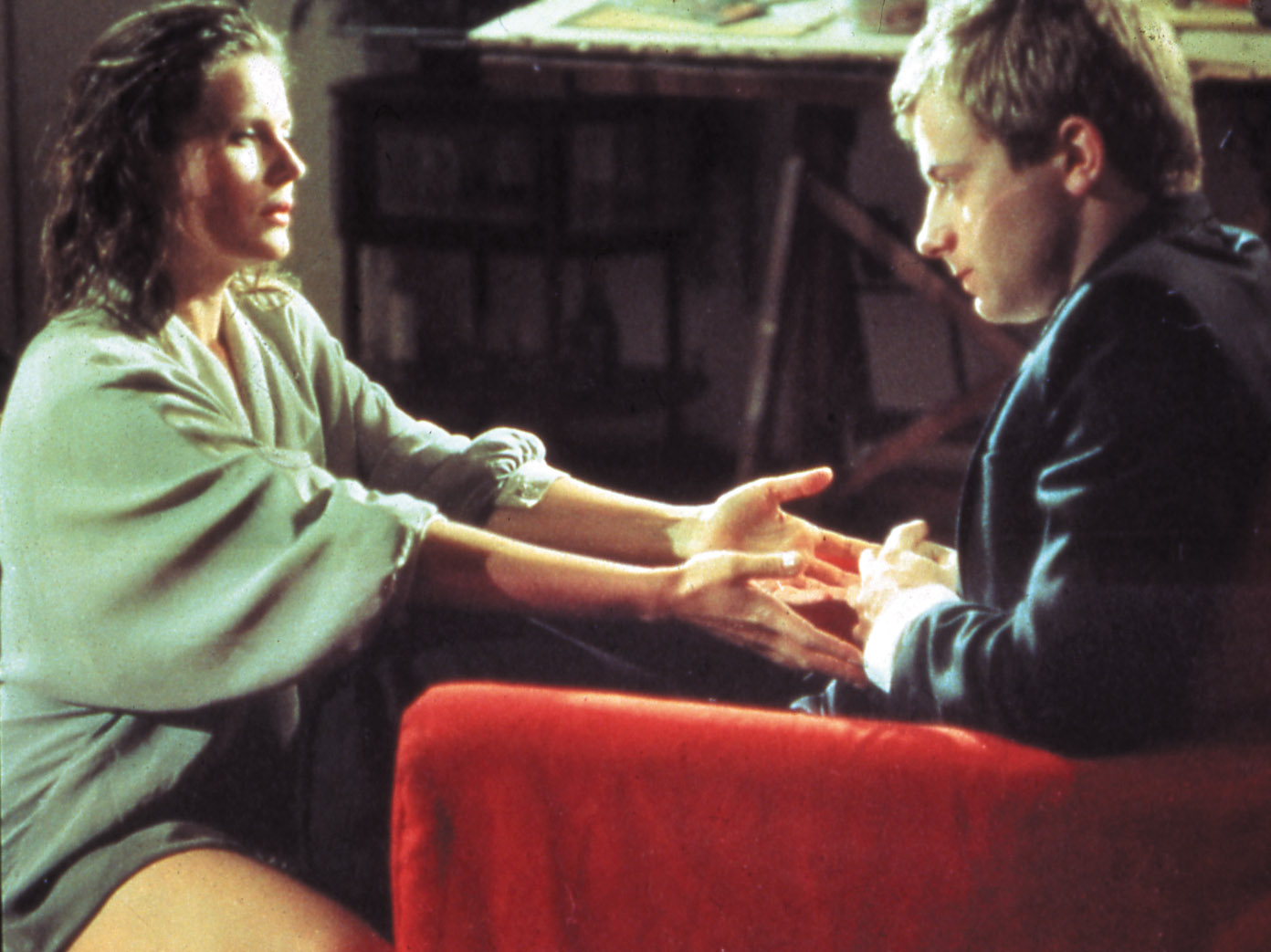
A part of Kieslowski’s “Decalogue” that was extended, “A Short Film about Love” tells the story of Tomek, a young man who lives with the mother of his friend and is hopelessly in love with his front neighbor, Magda, who he spies on every night. The film is both innocent and devastating, sweet and raw, fun and disheartening. In short, the film feels the way a first love feels, and we are invited to witness Tomek’s first love.
Does love really exist or is it just a (sometimes) happy illusion? The film confronts both perspectives, with its unhappy ending leaving us with a bittersweet taste in the mouth. After several ups and downs, Tomek finally manages to establish a relationship with Magda that goes beyond his solitary and passive voyeurism, and when the joy and excitement of the first date vanishes away, Magda reveals to Tomek the bitter truth: there is no love, just sex.
The humiliation to which she submits him afterwards sets the mark for the ending of the film, when Tomek’s illusions are shattered and sex is used to damage and destroy.
10. The Dreamers (Bernardo Bertolucci, 2003)
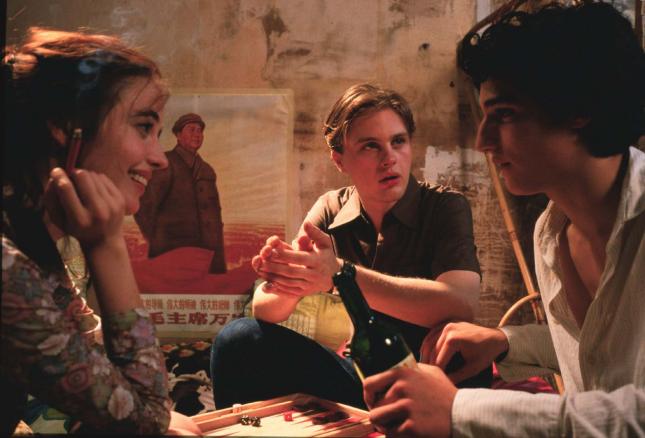
Bertolucci was already 63 years old when he directed “The Dreamers”, yet it is a very youthful and restless film. Filled with energy, “The Dreamers” portrays the wet dream of every young cinephile. Michael Pitt plays Matthew, a young American student who goes to France to learn the language and spends most of his time at the Cinémathèque française, where he meets Isabelle and Theo, who take him on a wild journey to the discovery of love, art and politics.
Sexual tension surfaces quickly, as their at first innocent games develop into sexual challenges that take the shy and conservative Matthew out of his comfort zone. Matthew is surprised by Theo and Isabelle’s almost incestuous relationship, by their uninhibited behavior, and he feels attracted and repulsed at the same time.
After he takes Isabelle’s virginity, he becomes a part of their relationship, a love triangle is formed and complex feelings arise as a result. This film is a love letter to cinema, but it is also an exploration of contradictory feelings, of the complexity of our emotions.
9. Belle de Jour (Luis Buñuel, 1967)
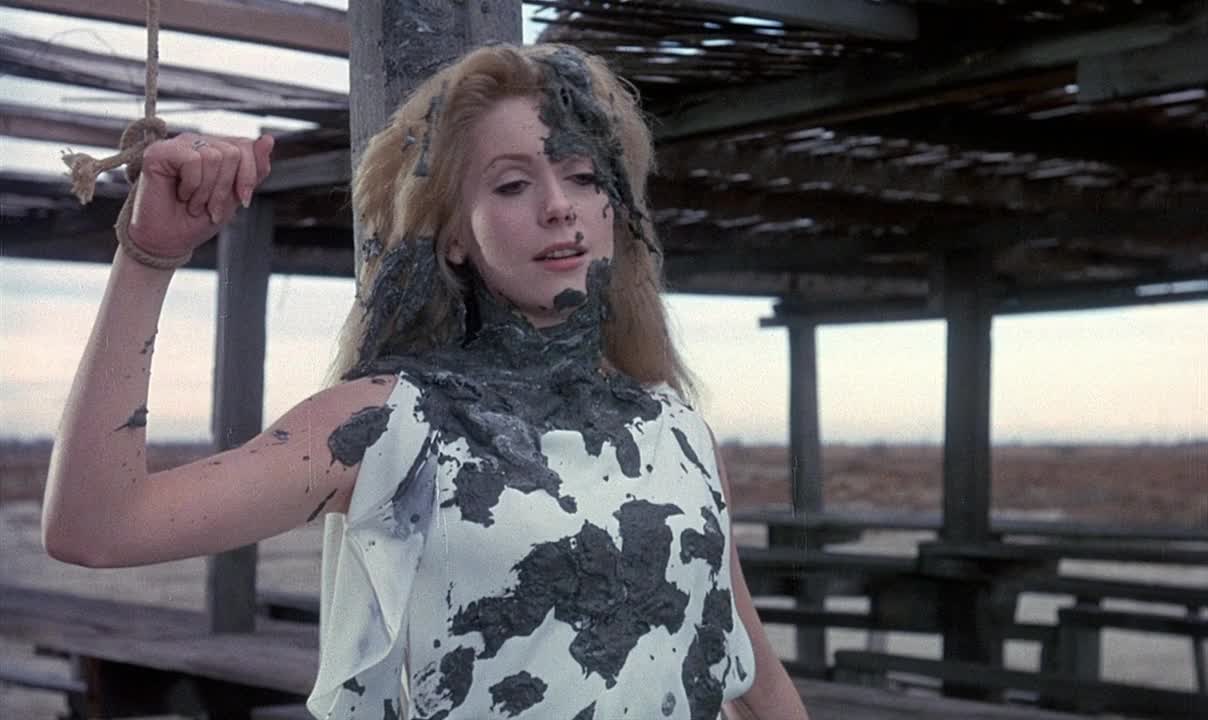
Luis Buñuel is one of the many filmmakers who have thoroughly explored sexuality through his films, so it is no surprise that, just like Bertolucci, he appears twice on this list. In “Belle de Jour”, lust and desire are portrayed from the female perspective.
Catherine Deneuve plays Severine, a woman facing a division; she loves her husband, yet she can’t get intimate with him. For her, sex and love are two completely different worlds, so she starts living two completely different lives when she starts working at a brothel under the name Belle de Jour.
Buñuel attempts to attain in this film the surrealist ideal of bringing the dreams, the machinations of the unconscious mind, to the waking world. Severine has erotic dreams where she is submissive, abused by men, and she tries to bring these dreams to reality, to liberate all of the psychic energy she has accumulated, by joining a brothel where she would be in touch with a masochist environment, used as a sex object just like in her recurring dreams.